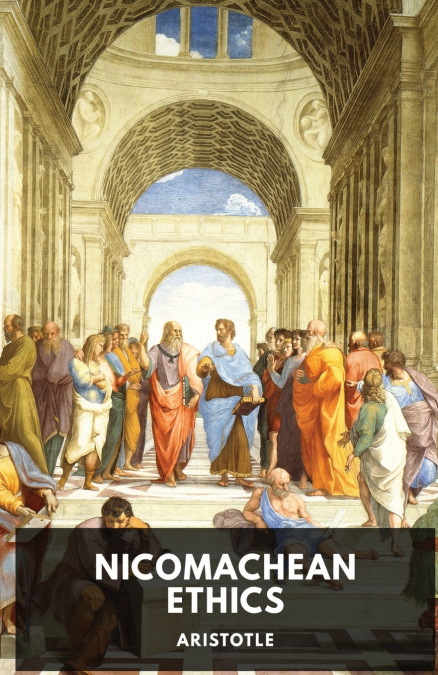
Aristotle
The theme of the Nicomachean Ethics is a Socratic question previously explored in the works of Plato, Aristotle's friend and teacher, of how men should best live. In his Metaphysics, Aristotle described how Socrates, the friend and teacher of Plato, had turned philosophy to human questions, whereas Pre-Socratic philosophy had only been theoretical. Ethics, as now separated out for discussion by Aristotle, is practical rather than theoretical, in the original Aristotelian senses of these terms. In other words, it is not only a contemplation about good living, because it also aims to create good living. It is therefore connected to Aristotle's other practical work, the Politics, which similarly aims at people becoming good. Ethics is about how individuals should best live, while the study of politics is from the perspective of a law-giver, looking at the good of a whole community. The Nicomachean Ethics is widely considered one of the most important historical philosophical works, and had an important impact upon the European Middle Ages, becoming one of the core works of medieval philosophy. It therefore indirectly became critical in the development of all modern philosophy as well as European law and theology. Many parts of the Nicomachean Ethics are well known in their own right, within different fields. In the Middle Ages, a synthesis between Aristotelian ethics and Christian theology became widespread, especially in Europe.Aristotle (384 BC – 322 BC) was a Greek philosopher, a student of Plato and teacher of Alexander the Great. 3